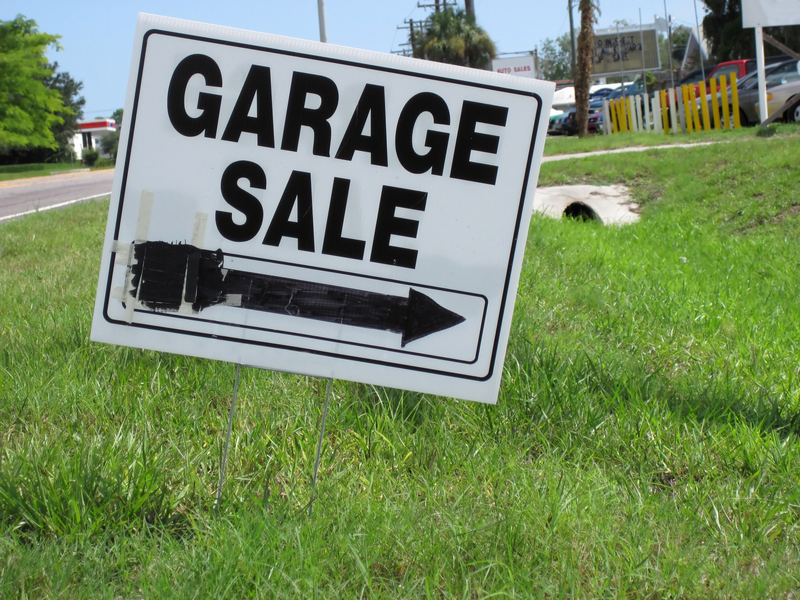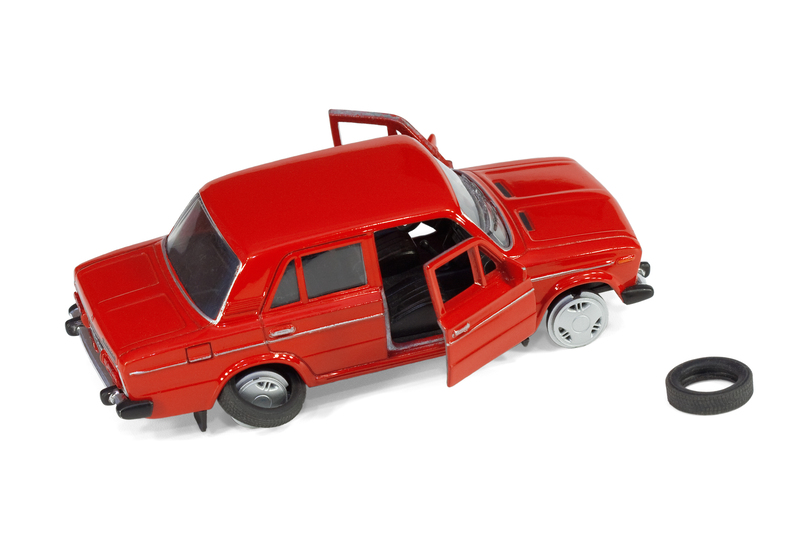Ways to Effectively Recycle Your Unused Electronic Chargers
Electronic chargers are essential in our digital lives. With so many gadgets - from smartphones and tablets to laptops and e-readers - it's easy to accumulate unwanted, outdated, or broken chargers. If you open your junk drawer, you'll likely find a tangle of cables and unused power adapters you've forgotten about. But what should you do with these unused electronic chargers? Recycling electronic chargers is not only a responsible environmental choice, but it's also mandated in many areas to prevent toxic e-waste from reaching our landfills. This comprehensive guide explores various effective ways to recycle your unused electronic chargers, ensuring you protect the planet and avoid clutter.

Why is Electronics Recycling Important?
Modern electronic chargers contain valuable materials such as copper, aluminum, and plastics. When disposed of inappropriately, they can leach hazardous substances, like lead and cadmium, into the environment. E-waste comprises about 70% of the toxic waste found in landfill sites, even though it only accounts for 2% of America's landfill trash. Proper recycling of chargers isn't just about decluttering - it helps:
- Recover valuable materials for reuse
- Reduce pollution caused by unsafe disposal
- Promote responsible consumption habits
- Decrease your carbon footprint
By learning the right ways to recycle unused electronic chargers, you become part of a crucial solution to the global e-waste problem.
How to Recycle Unused Electronic Chargers: Effective Strategies
1. Locate Local Electronic Waste Collection Centers
Most towns offer specialized electronic recycling programs. These facilities are equipped to handle, dismantle, and recycle small electronics and accessories, including your old chargers. To find a center:
- Consult your city's waste management website
- Ask about e-waste events or designated drop-off days
- Use online directories like Earth911 or Call2Recycle to find a location near you
Pro tip: Before dropping off, verify the center accepts power adapters and cords, as some restrict what types of electronics they process.
2. Use Retailer Takeback Programs
Many popular electronics retailers run charger recycling initiatives. Stores such as Best Buy, Staples, and Home Depot often provide drop-off bins for cables, chargers, and other small gadgets. These programs:
- Ensure ethical processing and proper material recovery
- Are often free for customers
- Encourage eco-friendly shopping habits
Check your local store's policy online or call ahead to learn whether they accept unused electronic chargers and cables.
3. Organize a Community Recycling Drive
If local options are scarce, why not take the initiative? You can work with schools, civic groups, or your workplace to:
- Set up a charger/cable collection point for e-waste
- Partner with certified e-waste recyclers who will pick up the items
- Raise awareness about responsible disposal practices
Community drives can make a bigger impact, preventing thousands of forgotten chargers from ending up in dump sites.
4. Donate Functional Chargers
Before tossing out that old phone charger, check if it's still working. Many schools, nonprofit organizations, and thrift shops accept used chargers and cables for reuse. Hospitals, shelters, and community centers sometimes request these items for clients in need, especially as replacement cords for donated devices.
- Contact local charities or organizations directly
- Check online donation platforms for current requirements
- Consider sending clean, functional chargers for maximum impact
If you're looking to recycle charging accessories while supporting your community, donation is a wonderful solution.
5. Explore Mail-In Recycling Programs
If you can't find a nearby recycling option, various companies offer mail-in programs. These allow you to ship chargers and cables to certified recycling facilities. Notable options include:
- TerraCycle: Accepts small electronics in their Zero Waste Boxes
- Call2Recycle: Primarily known for batteries but sometimes accepts charger cables
- Manufacturer-specific programs, like Apple's GiveBack or Dell Reconnect
Pack your unused electronic chargers according to the provided instructions and mail them in. While some programs may charge a fee, they ensure that chargers are handled correctly and safely.
6. Sell or Swap Chargers Online
You might not need your old electronic charger, but someone else might! Online marketplaces and forums provide platforms to:
- Sell working adapters and cords to new owners
- Swap power supplies with electronics enthusiasts
- Join local marketplaces on Facebook, Craigslist, or OfferUp
Reusing before recycling extends the life of your items and connects you with buyers who want affordable accessories.
7. Contact the Manufacturer for Take-Back Programs
Some electronics brands run their own charger recycling programs, making it easy for customers to return accessories directly. For example:
- Apple: Offers a comprehensive recycling program accepting all brands of chargers and cables
- Samsung: Provides mail-in and in-person e-waste collection
- Other electronic manufacturers have similar returns for recycling incentives
Visit your device's brand website to learn more and take advantage of environmentally conscious dealership initiatives.
8. Avoid Throwing Chargers in the Trash
Under no circumstances should you dispose of unused electronic chargers in the regular trash. Not only is this environmentally damaging - as metals and plastics leak into soil and waterways - but it may also be illegal in jurisdictions with strict e-waste laws.
- Store chargers in a box until you locate a recycling solution
- Label the container to avoid accidental disposal with household waste
Proper handling ensures hazardous materials stay out of landfills.
Common Myths About Recycling Electronic Chargers
Myth #1: "Chargers are Too Small to Make an Environmental Impact"
Individually, a single charger may seem insignificant. But collectively, millions are discarded annually. According to the United Nations, electronic waste is the fastest-growing waste stream globally. Every charger recycled counts!
Myth #2: "Recycling Cords and Chargers is Unsafe Due to Data Risks"
Chargers and cables do not store personal data or files. Recycling them poses no risk of data theft. However, be cautious with USB drives, hard drives, or old phones, which do require secure data erasure.
Myth #3: "It's Too Much Effort to Recycle Small Electronics"
Modern recycling options make disposal easy and accessible with drop-off bins, mail-in programs, and local events. A little effort goes a long way toward environmental stewardship.
How Are Unused Electronic Chargers Recycled?
Specialized e-waste recyclers process unused electronic chargers using mechanical shredders and separation systems. Here's a basic overview of the recycling process:
- Collection: Chargers are gathered at collection sites.
- Sorting: Devices are sorted by material type and component.
- Dismantling: Chargers are manually or mechanically broken down.
- Shredding: Input materials are shredded into smaller pieces.
- Material Recovery: Metals (such as copper and aluminum) and plastics are separated and sent to manufacturers for reuse in new products.
- Safe Disposal: Any hazardous substances are processed following environmental regulations.
This responsible approach conserves resources, reduces demand for mining, and closes the loop on electronic waste.
Pro Tips for Reducing Charger Waste
- Buy universal chargers compatible with multiple devices to reduce clutter.
- Choose brands that participate in recycling or take-back programs.
- Store chargers neatly to avoid accidental damage or misplacement.
- Share or swap extras with friends, family, or colleagues in need.
- Repair cables with frayed ends or worn insulation instead of discarding.
Limiting the amount of unused electronic charger waste you generate lessens your impact in the long run.

Educational Resources for Recycling Electronic Chargers
- Earth911 Recycling Guide - Find local drop-off spots
- EPA E-Waste Website - Understand US federal and state e-waste rules
- Call2Recycle - Information on battery and charger recycling
- Greenpeace E-Waste Facts - Global impact of electronics waste
Educating yourself ensures you make the most informed choices regarding the responsible recycling of unused electronic chargers and cables.
Conclusion: Make Charger Recycling a Habit
*Recycling unused electronic chargers* doesn't have to be complicated or inconvenient. By exploring the above strategies, you can keep electronic waste out of landfills, support community initiatives, and help conserve precious resources. Whether you're dropping off old chargers at a big-box retailer, donating them to those in need, or joining a mail-in program, every action helps create a cleaner, greener future.
Remember: Every charger you recycle or reuse is a step towards a sustainable planet. Start today--sort through your unused electronic chargers, select the most effective recycling solution, and encourage friends and family to do the same. Together, we can power up change one cable at a time!